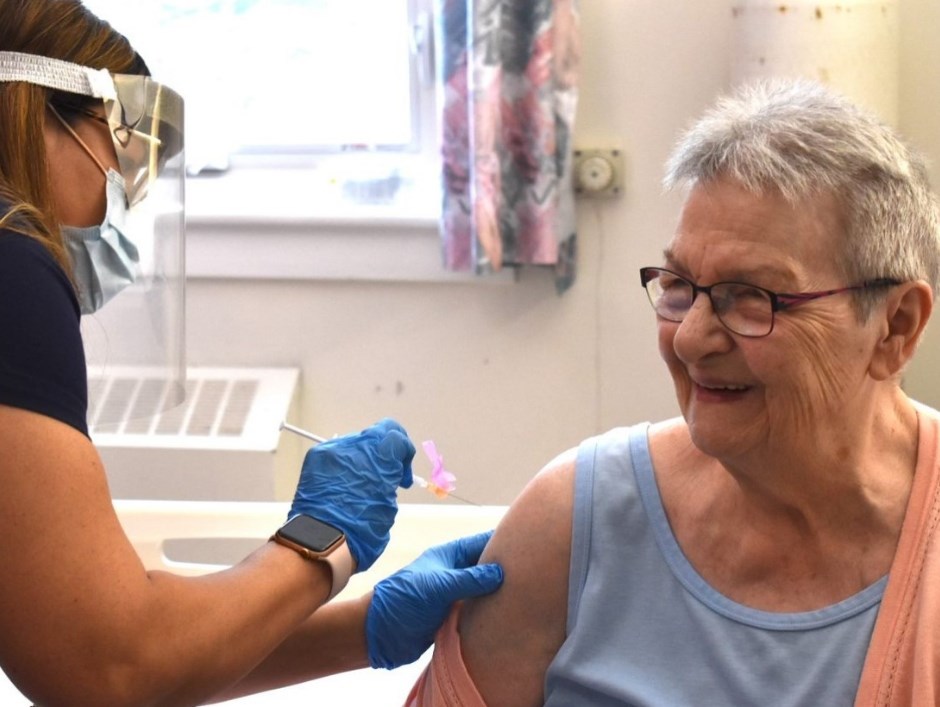Operation Remote Immunity (ORI) is returning to 32 remote northern communities starting Monday, May 31.
It will involve vaccinating youth aged 12 to 17 and anyone who missed the first ORI, according to Wade Durham, chief operating officer of medical operations with Ornge.
The province recently expanded vaccine eligibility to youth aged 12 and over. In Canada, the Pfizer COVID-19 vaccine has been approved for this group age.
Along the James and Hudson Bay coast, the first dose vaccination clinics for youth will be starting in Peawanuck and Moose Factory on May 31, moving to Moosonee on June 1 and 2 and Kashechewan on June 8 and 9.
The dates for Attawapiskat and Fort Albany are yet to be determined, according to Weeneebayko Area Health Authority (WAHA).
According to Friday's announcement, the province expects to administer first and second doses to youth aged 12 and over in each of the 32 communities by the end of July.
During the second ORI, Ornge will be looking after northwestern Ontario, while WAHA will handle the operational lead in the northeast, according to Durham.
Based on the numbers from Sioux Lookout First Nations Health Authority, WAHA and First Nations and Inuit Health Branch, Ornge expects to vaccinate about 5,000 youth, Durham said.
“We’re planning for a few extra because we do think there will be some people above 18 years old that didn’t get a chance for the vaccine when we were there in the wintertime,” he said. “We build a bit of a 10-percent buffer, so we’re thinking about 5,000 kids and any adults who want a vaccine on top of that.”
Youth over the age of 12 are able to provide their own consent given they understand what the vaccine is, its risks and benefits, Durham said encouraging teens to bring their parents or guardians with them so that their concerns or questions can be addressed.
The first ORI launched on Feb. 1 and wrapped up in April. Ornge partnered with the province and Nishnawbe Aski Nation to deliver the Moderna vaccine to Moosonee and 31 remote fly-in First Nation communities in Northern Ontario.
Over 25,000 doses of the Moderna vaccine were delivered through the first ORI, including first and second doses.
“Overall, the mission was very, very successful. Everybody who wanted to get the vaccine could get it,” Durham said.
The biggest challenges this summer may come from weather, vaccine hesitancy among community members and the change in the cold chain management process, he said.
"We hope that people come out and get the vaccine. We do have multiple days in each community for them to come out and get it," Durham said. If anything were to happen – because of the weather or if the clinics had to be cancelled for whatever reason – Ornge added contingency in the schedule so the team can return to a community on a different day and ensure people have the opportunity to receive their vaccine, Durham said.
As of May 28, there were 79 active cases in the James and Hudson Bay region: three in Attawapiskat, 25 in Fort Albany, 13 in Moose Factory, 37 in Moosonee and one case in Kashechewan is currently isolating outside of the region.



